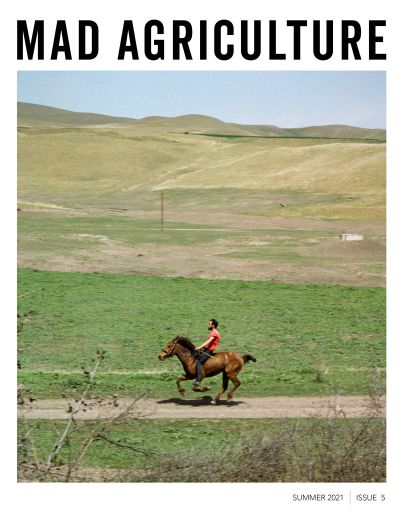
The Mad Agriculture Journal
Lessons from Tusheti’s Shepherds
Published on
June 08, 2021
Written by
Arina Abbott
Photos by
Arina Abbott
Lee esto en español.
The shepherds of Georgia’s historic Tusheti region have roamed from the high peaks of the Caucasus Mountains to the warm steppe of the Shiraki Plain for centuries. It began in 1659, when these mountain dwellers descended from the hills to aid the lowland Kingdom of Khakheti in its revolt against Safavid Persia. In return for their service, the Tush were granted land as far down as one horse could gallop until it collapsed. So unfolded the seasonal migration of the Tushetian shepherds, who ferry their sheep across Georgia to this day.
As a community that has endured for generations, the shepherds illuminate valuable lessons – ones of decay and revival, solitude and community.
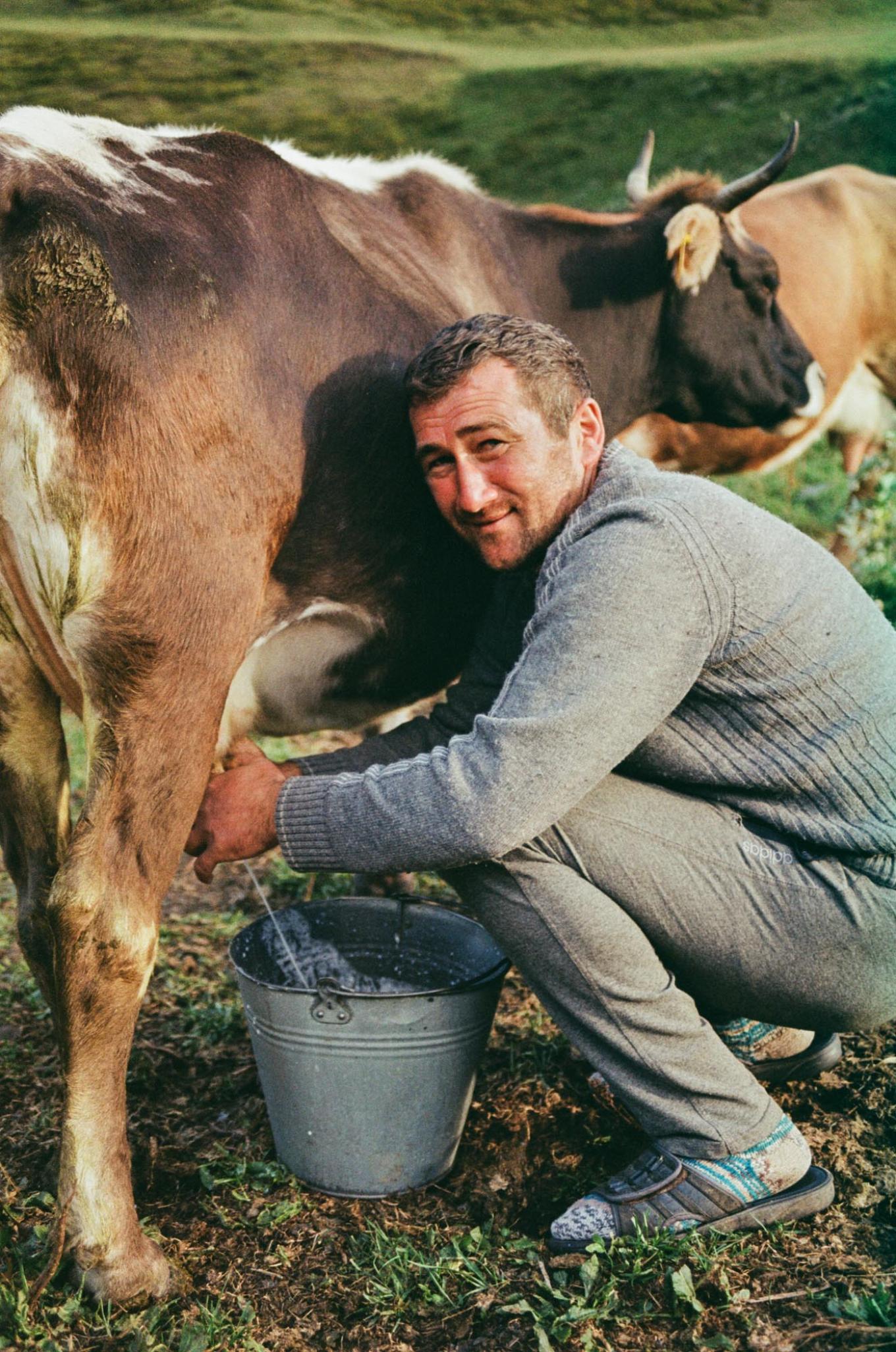
Make Moves
The Tushetian shepherds live by the motion of their herds. If they spend too much time in one place, the grass becomes overgrazed. This can leave the soil destabilized – a recipe for catastrophic landslides, thinned herds, and reduced yields. By moving the herd at least once per month, the grass will have time to rest and regrow, remaining resilient for seasons to come.
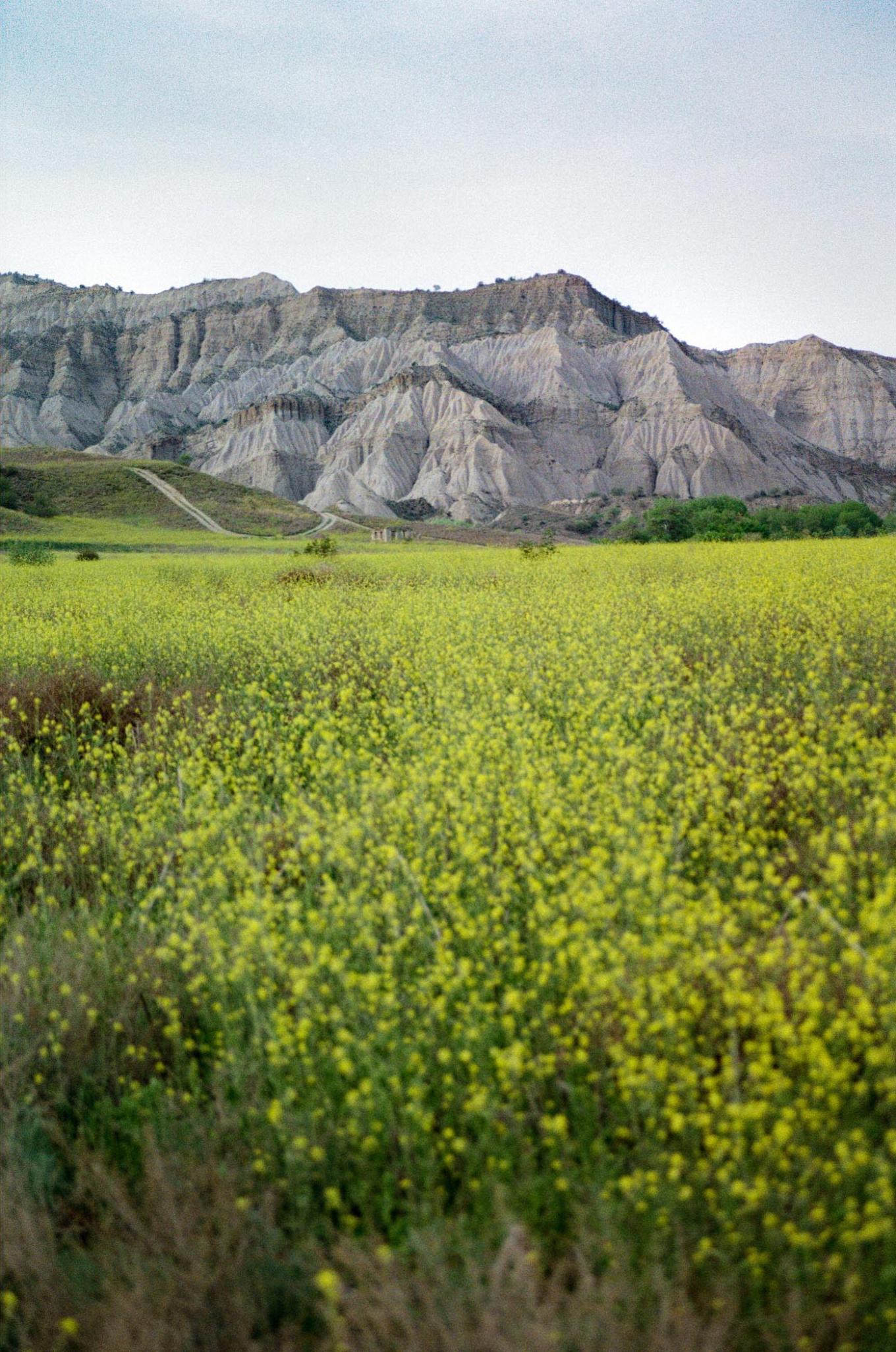
Prevent > Rehabilitate
Listening to the land wasn’t always a priority in Tusheti. As Soviet industrialization took hold, centuries-old methods were eclipsed by a singular practice: sheep-breeding. Steep slopes transitioned from cropland to pasture, a risky shift that has left many villages susceptible to severe erosion and desertification. What was once a complex system rooted in natural wisdom was reduced to a streamlined machine. To return to this natural wisdom remains an uphill battle, and the land bears the scars.
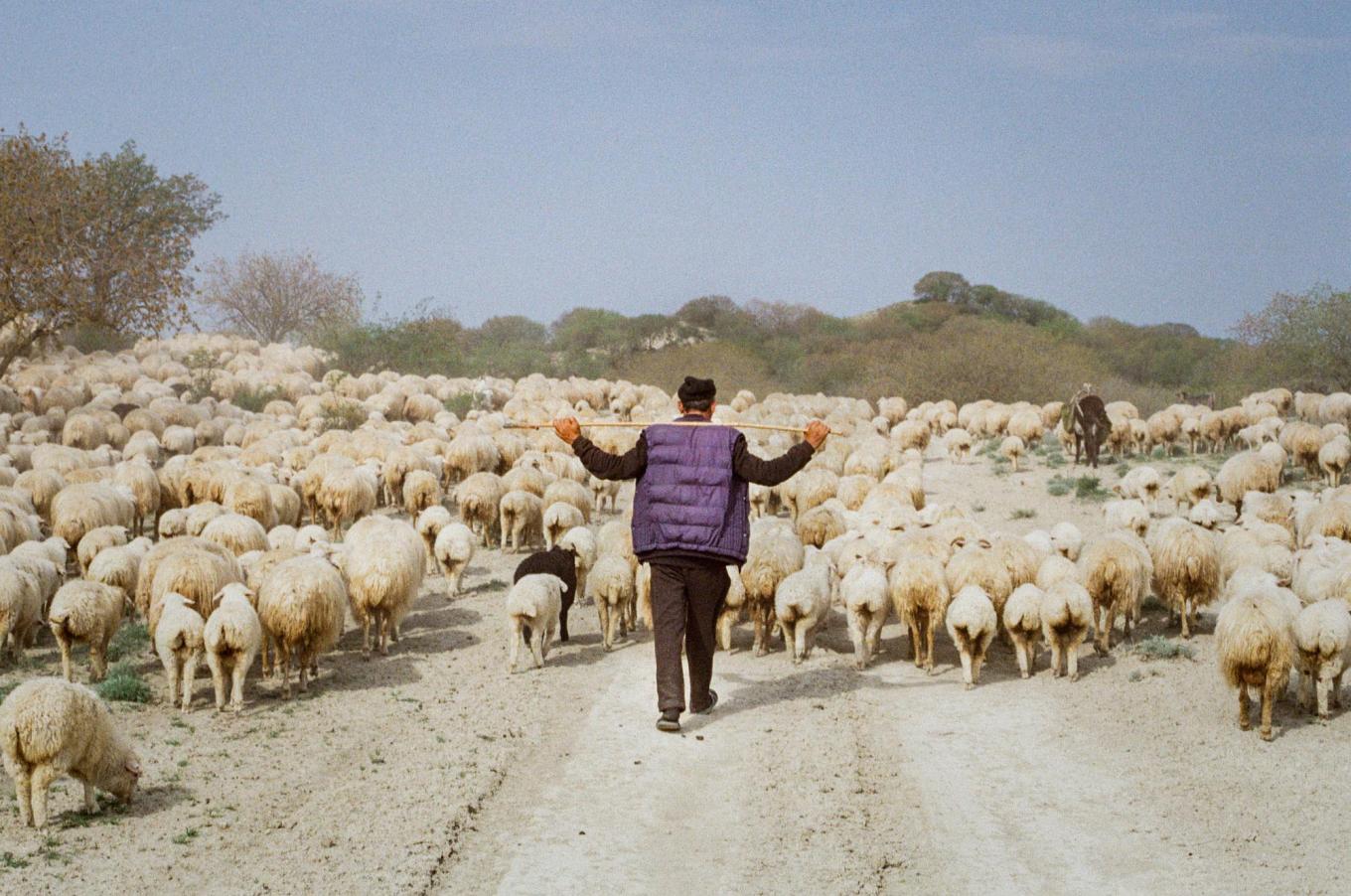
Make Space
Today, Georgia and the Tushetian shepherds face a crossroads: protect migration passageways or risk losing this tradition and livelihood altogether. As Georgia’s development races on, appetite for land is squeezing the corridor that links the shepherds’ winter homes to their summer pastures. For entrepreneurs like Paata Abulidze, a shepherd dedicated to reviving Tusheti’s cheese making traditions, sale of agricultural land presents the greatest challenge of his career. Without space for their sheep to graze and rest along the 200 mile journey, many shepherds feel they may have no choice but to slaughter their herds. Destroyed land is one thing. No land is another.
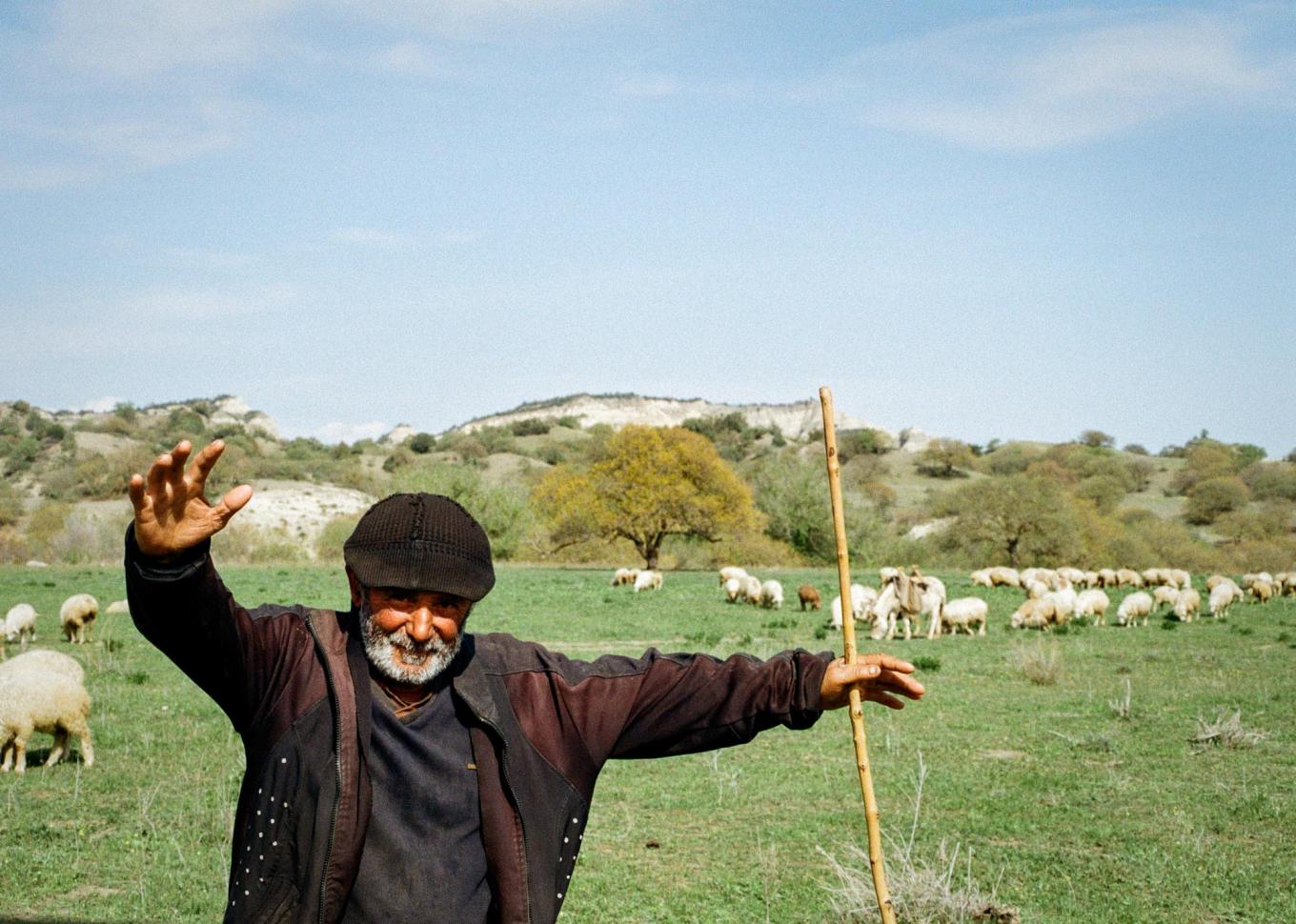
Solitude ≠ Loneliness
To some, sustaining this way of life may appear maddeningly solitary. Quietly meandering where international borders dissolve into stone and shrub, the shepherds may not see another person for weeks at a time. Many enjoy the solitude, yet they are never truly alone. The shepherds find kinship in their herds, villages, and those who are committed to their way of life.
With every round of toasts, one glass is always raised to the “shepherds without payment,” the horses and dogs who provide invaluable labor.
With every summer festival, families assemble in their villages to celebrate the return to their mountain roots.
With every effort to endure, the shepherds find their supporters, from fellow Tushetians committed to recovering lost methods to the international organizations who help fuel the revival.
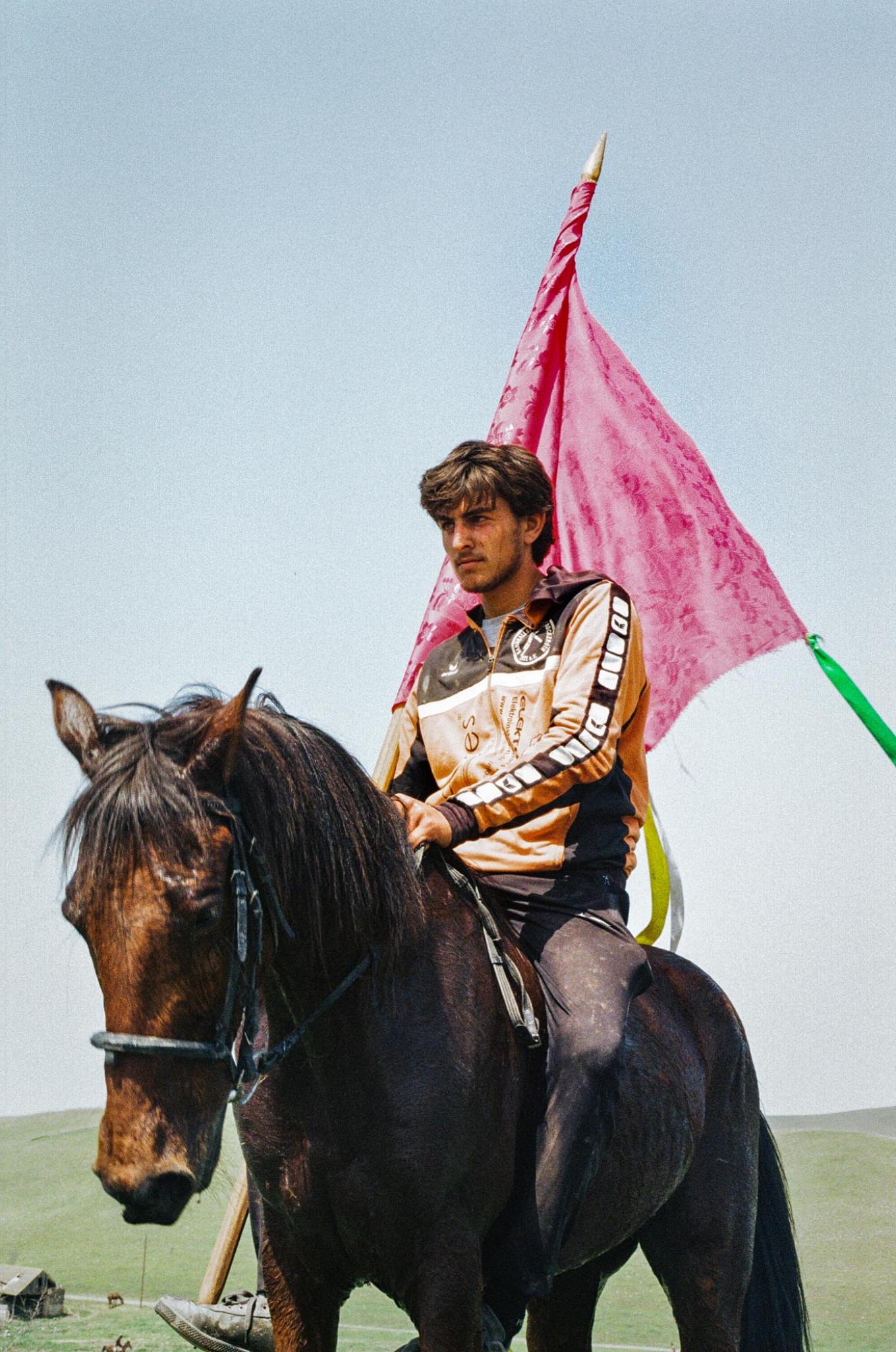
Bring in the Young Blood
For all the hard work that is passed along to the next generation of shepherds, there is also joy. In the spring, young shepherds gather for a friendly horse race before beginning their seasonal migration from the plains to the peaks. As the old guard waits patiently with beers in hand, dust begins to pick up in the distance. Guttural calls and the rapid thuds of hooves grow nearer. In a flash, it’s over, and the men dart to one another to shake hands before heading off to feast. It’s been a long day, and the days ahead will be even longer. Might as well enjoy it.
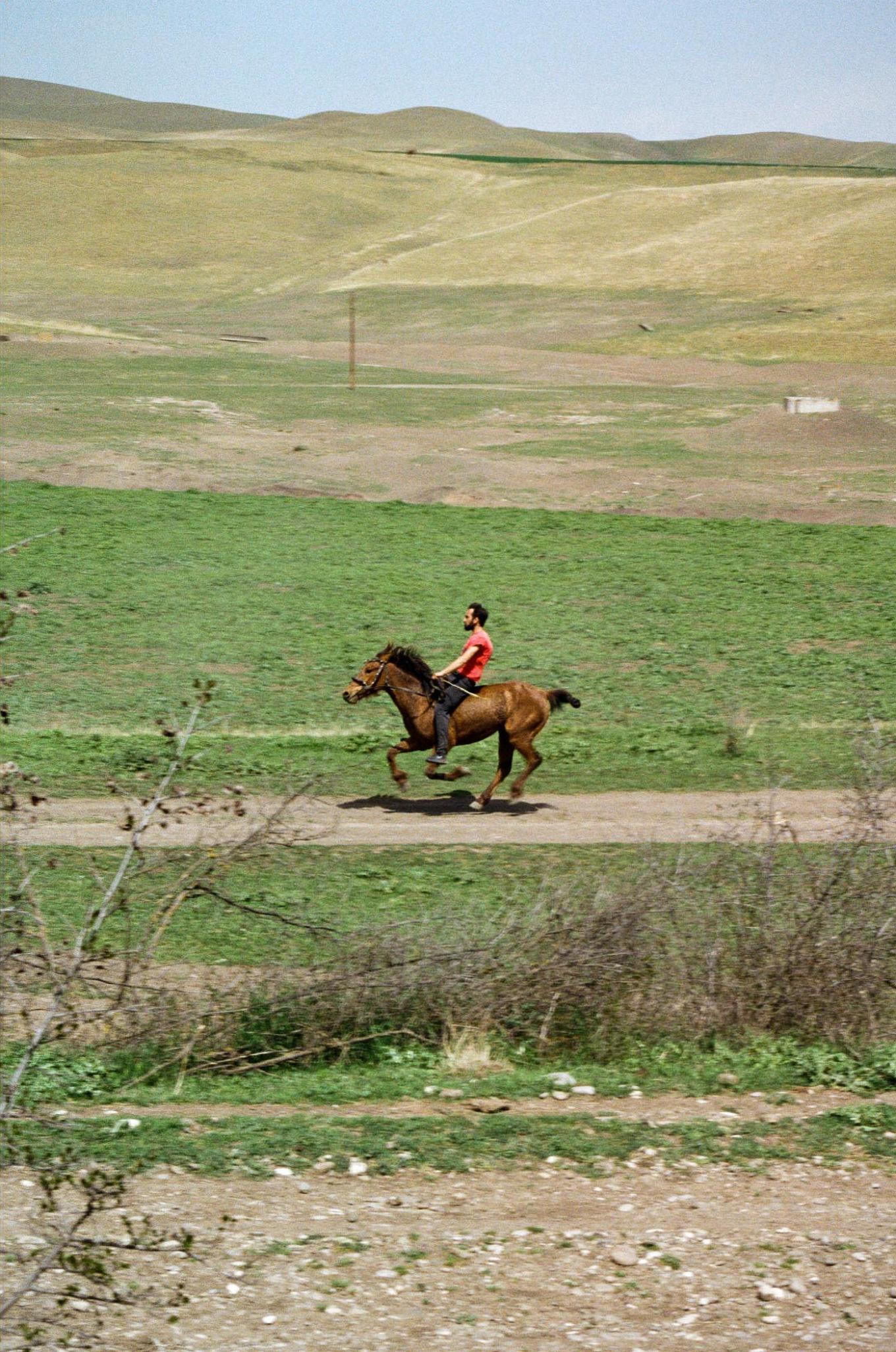
Special thanks to Paata Abulidze, founder of Alaznistavi Cooperative, and Soso Shetidze, owner of Shetidze - Tushetian Horses, for sharing their stories.
